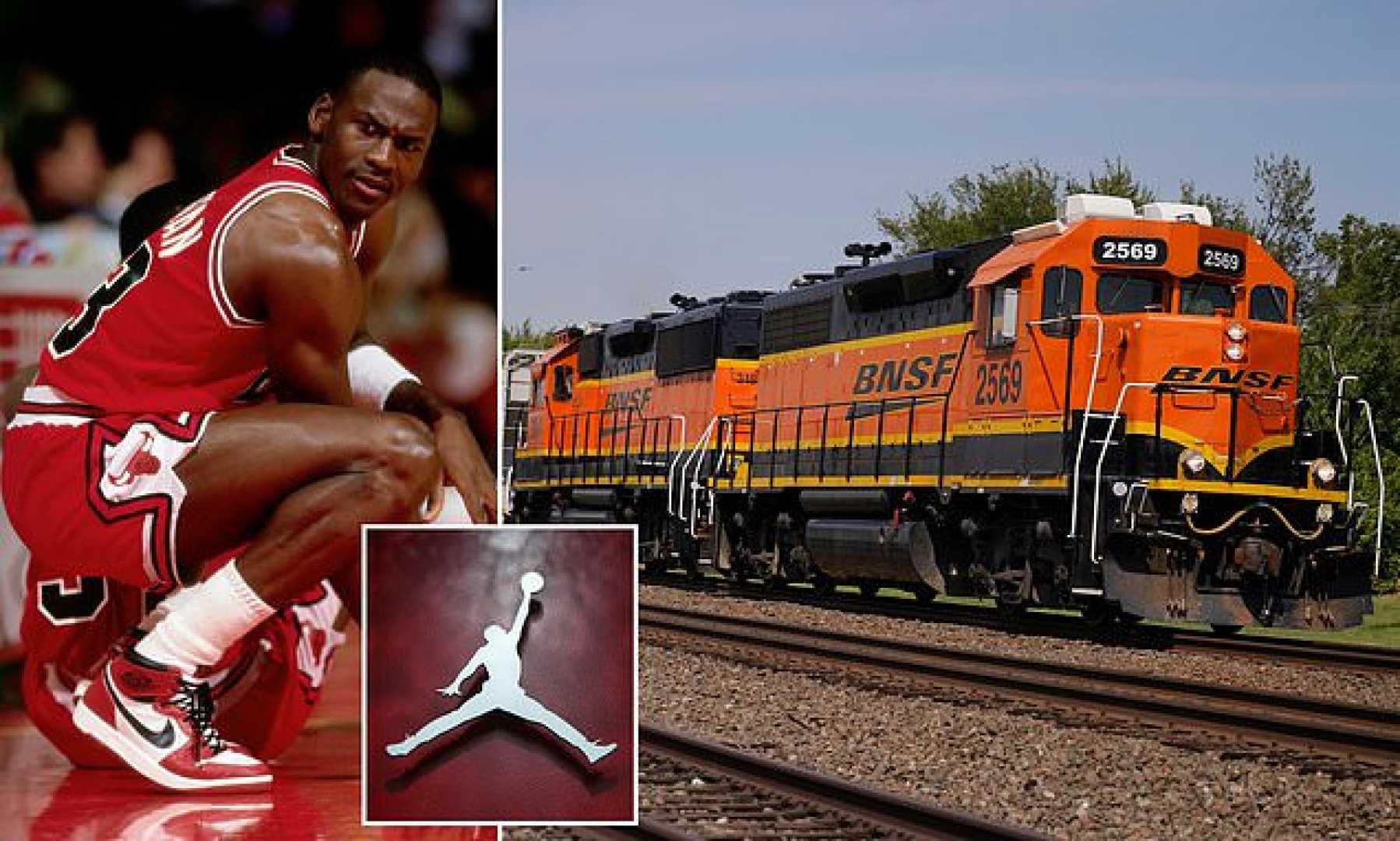News
Freight Train Heists Lead to $2M Nike Theft in California, Arizona

LOS ANGELES (AP) — Thieves have stolen over $2 million worth of Nike sneakers from freight trains in California and Arizona, escalating concerns about organized cargo theft. The incidents, which primarily took place in remote desert areas, include a notable robbery on Jan. 13, where suspects cut an air brake hose on a BNSF freight train in Arizona, absconding with more than 1,900 pairs of unreleased Nikes valued at over $440,000.
Among the stolen shoes were the highly sought-after Nigel Sylvester x Air Jordan 4s, set to hit the retail market on March 14, boasting a price tag of $225 per pair. This incident marked one of at least 10 targeted heists on BNSF trains since March 2022, predominantly resulting in the theft of Nike merchandise, according to federal investigators.
Eleven individuals have been charged with possessing or receiving stolen goods from interstate commerce related to the January heist. All defendants have pleaded not guilty, with ten being undocumented Mexican immigrants and one facing asylum proceedings. They have been detained pending trial.
Authorities tracked at least some of the suspects by using devices placed within the stolen boxes. In a separate case, law enforcement intercepted a white panel van associated with a prior BNSF robbery near Hackberry, Arizona, seizing about 180 pairs of then-unreleased Air Jordan 11 Retro Legend Blue sneakers worth approximately $41,400.
Two additional burglaries near Kingman and Seligman, Arizona, led to approximately $612,000 in Nike sneakers being stolen, resulting in eight arrests, according to criminal complaints filed in federal courts.
Investigators reveal a pattern where thieves scout the rails alongside Interstate 40, often boarding slow-moving trains during track changes to access cargo. Keith Lewis, a deputy sheriff and vice president of operations at Verisk’s CargoNet, stated that several thieves gain inside information about high-value shipments from warehouse or trucking company associates.
In some cases, organized crews are formed, with a Mexican ringleader reportedly directing burglaries that involve scouts, vehicles, crew payments, and the resale of goods. Accomplices using ‘follow vehicles’ monitor train movements, allowing thieves to discard stolen merchandise after cuts to air lines or scheduled stops.
Nationwide, cargo thefts cost the leading six freight railroads over $100 million last year, a trend that’s exacerbated by increasingly organized criminal activities. The Association of American Railroads reports about a 40% uptick in such thefts, totaling roughly 65,000 incidents in the last year.
This issue has deep historical roots, with cargo thefts resurfacing in urban areas such as downtown Los Angeles, where individuals have systematically pilfered packages. Higher-profile incidents, such as the Chicago train burglary in 2015, add to the mounting case for improved security measures across rail transport systems.
Railroads are investing heavily in protective strategies but face challenges due to the vast network of over 140,000 miles of tracks across the country which often navigate both remote and metropolitan areas. Groups like the rail trade association advocate for stricter federal regulations and penalties to combat these thefts. Current statistics reveal that only about 10% of cargo theft attempts result in arrests, with repeat offenders frequently slipping through the net.
While BNSF and Union Pacific, major freight railroads in the West, have not publicly commented on specific theft inquiries, BNSF maintains that internal police collaborate with local law enforcement for shared intelligence. Their operational guidelines encourage crews not to confront thieves but to report incidents as they typically go undetected due to the length of trains.
The issue of cargo theft spans beyond railroads, affecting trucks and maritime transport, classified as a significant focus for the FBI. U.S. Immigration and Customs Enforcement estimates losses due to cargo theft along the entire logistics chain range between $15 billion to $35 billion annually, with major criminal organizations primarily targeting transit hubs in Los Angeles, Dallas, Memphis, Chicago, and Atlanta.












